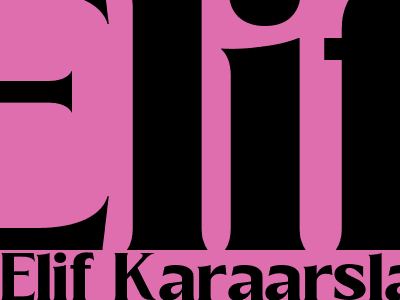
Elif Karaarslan Video Izle
Elif Karaarslan Video: A Deep Dive into Privacy, Ethics, and the Law
Understanding the Controversy
The Elif Karaarslan video has sparked widespread debate, raising important questions about privacy, ethics, and the law. The video, which allegedly features a private recording of a well-known Turkish actress, was leaked online without her consent. The incident has sent shockwaves through society, prompting discussions about the boundaries of personal privacy in the digital age.
Privacy Concerns and Legal Implications
The unauthorized distribution of the Elif Karaarslan video has raised serious concerns about online privacy. Under Turkish law, it is illegal to record or distribute private conversations or videos without the consent of the individuals involved. The video's release has violated Karaarslan's right to privacy and has potentially exposed her to emotional distress and reputational damage.
Ethical Considerations and Social Responsibility
Beyond legal implications, the Elif Karaarslan video has also raised ethical questions. The act of leaking private videos without consent is widely considered to be a violation of trust and a betrayal of decency. It is essential for individuals and organizations to exercise responsible behavior online and respect the privacy rights of others.
Protecting Personal Data and Seeking Justice
It is crucial for individuals to take steps to protect their personal data and prevent unauthorized access or distribution. Measures such as using strong passwords, being mindful of what information is shared online, and being aware of privacy settings can help mitigate the risk of privacy breaches. In cases where privacy is violated, victims should seek legal recourse to protect their rights and hold perpetrators accountable.
Conclusion
The Elif Karaarslan video has highlighted the importance of protecting personal privacy in the digital age. The unauthorized distribution of private recordings is a serious violation of ethical and legal norms. As society navigates the challenges posed by rapid technological advancements, it is imperative to find a balance between freedom of expression and the right to privacy. Respect for individuals' boundaries and responsible online behavior are essential for creating a more just and equitable digital space.
Comments